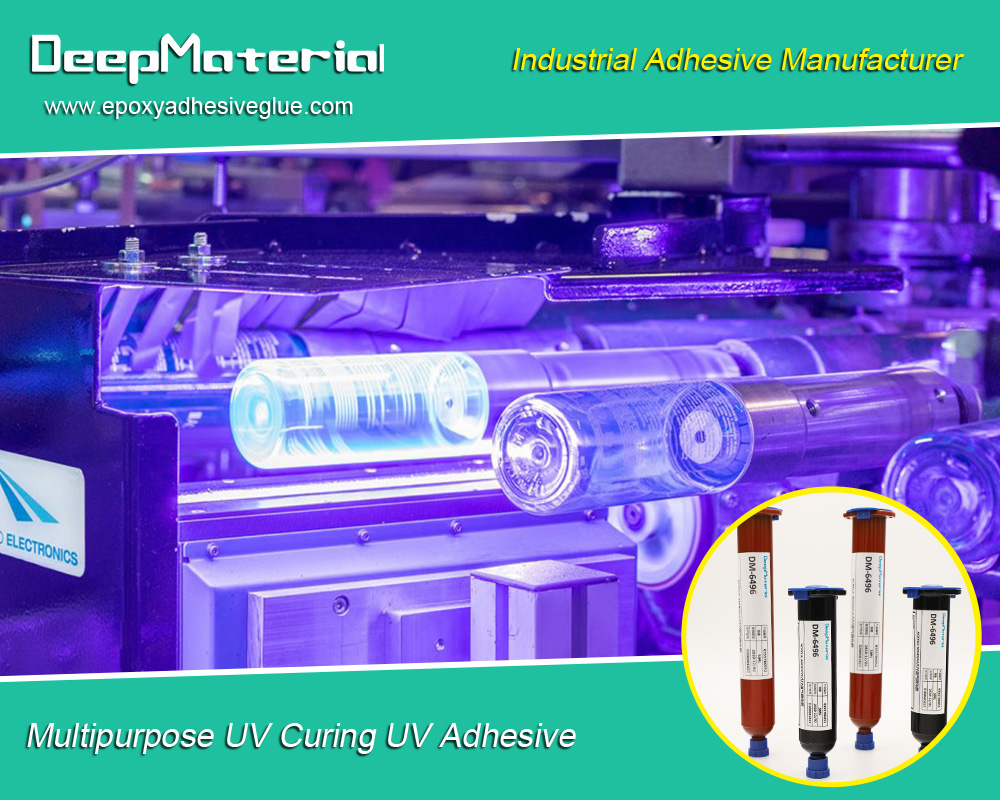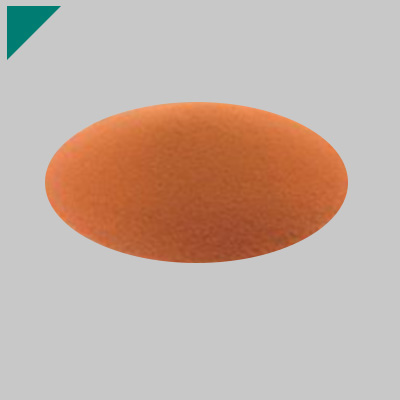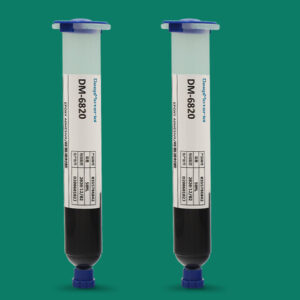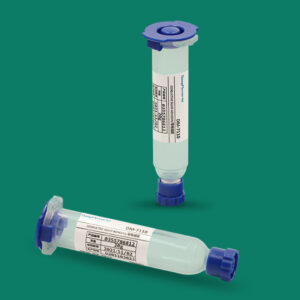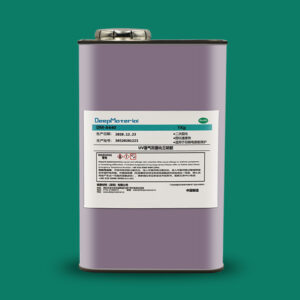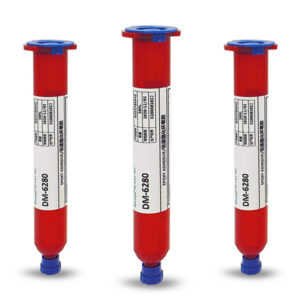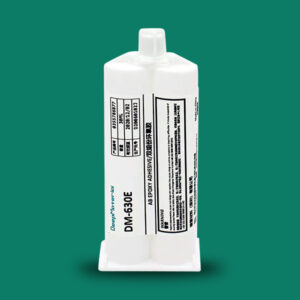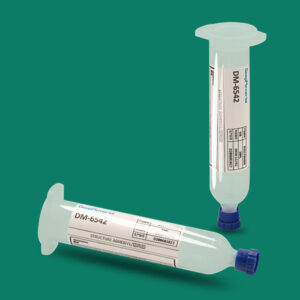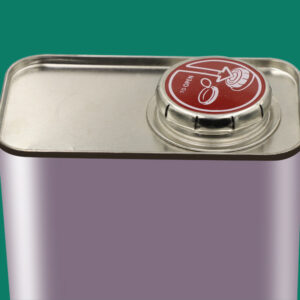Importance and Application of PCB Epoxy Coating in Modern Electronics
Importance and Application of PCB Epoxy Coating in Modern Electronics
Printed Circuit Boards (PCBs) are the backbone of modern electronic devices, facilitating the connection of electronic components to create functional systems. Ensuring the longevity and reliability of PCBs is crucial, especially as devices become more compact and sophisticated. One essential method to protect PCBs from environmental hazards and mechanical stress is the application of PCB epoxy coating. This article delves into the significance of PCB epoxy coating, its application process, benefits, and considerations for selecting the suitable coating for your needs.
What is PCB Epoxy Coating?
PCB epoxy coating is a protective layer applied to the surface of a printed circuit board. This coating is made from epoxy resin, a polymer that provides excellent adhesion, durability, and resistance to environmental factors such as moisture, dust, chemicals, and temperature fluctuations. The primary purpose of this coating is to protect the electronic components and the board itself from damage, ensuring the device’s optimal performance and longevity.
The Importance of PCB Epoxy Coating
Protection from Environmental Factors:
- Moisture Resistance: Epoxy coatings provide a robust barrier against moisture, preventing corrosion and short circuits.
- Chemical Resistance:They protect against harmful chemicals that could degrade the PCB components.
- Temperature Resistance:Epoxy coatings can withstand significant temperature variations, safeguarding components from thermal stress.
Mechanical Protection:
- Shock and Vibration: The coating cushions the PCB, reducing mechanical shock and vibration damage.
- Wear and Tear:It protects against physical wear and tear, prolonging the lifespan of the PCB.
Electrical Insulation:
- Preventing Short Circuits:Epoxy coating insulates the electrical paths on the PCB, reducing the risk of short circuits.
- Signal Integrity:It maintains the integrity of electrical signals, crucial for the performance of high-speed and high-frequency devices.
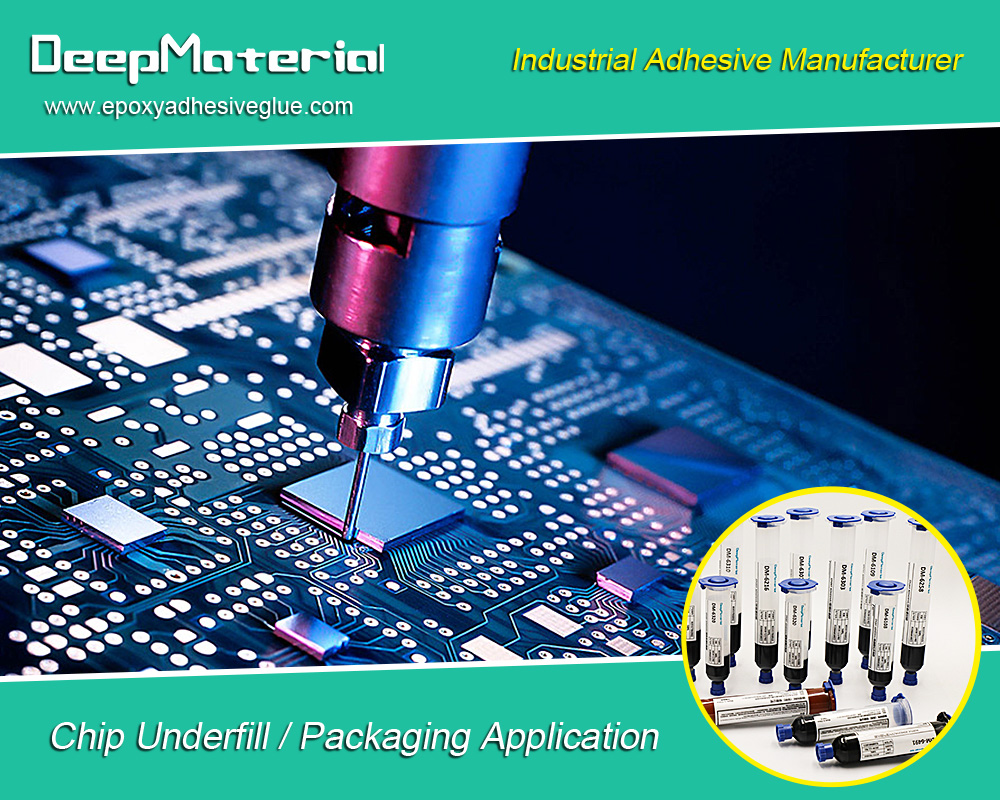
Application Process of PCB Epoxy Coating
Applying epoxy coating to a PCB involves several steps to ensure a uniform and effective layer:
Surface Preparation:
- Cleaning: The PCB must be thoroughly cleaned to remove any contaminants that could interfere with the adhesion of the epoxy.
- Drying: Ensuring the board is completely dry is critical to prevent moisture from being trapped under the coating.
Application Methods:
- Brushing: Suitable for small-scale or prototype applications where precision is less critical.
- Spraying: Common in mass production, allowing for uniform and rapid application.
- Dipping: Effective for coating entire boards but requires careful handling to avoid drips and uneven layers.
Curing:
- Ambient Curing: Allowing the epoxy to cure at room temperature can take several hours to days.
- Heat Curing: Accelerating the process by applying heat, reducing the time required, and enhancing the coating’s properties.
Benefits of PCB Epoxy Coating
PCB epoxy coating offers several advantages that make it a preferred choice for protecting electronic assemblies:
- Durability: Epoxy coatings are known for their robustness and long-lasting protection.
- Versatility: Suitable for various applications, from consumer electronics to industrial machinery.
- Cost-Effectiveness: Despite the initial investment, PCBs’ extended lifespan and reduced failure rates provide long-term cost savings.
- Customizability: Epoxy formulations can be tailored to meet specific requirements, such as flexibility, hardness, or thermal conductivity.
Considerations for Selecting PCB Epoxy Coating
Choosing the suitable epoxy coating for your PCB involves evaluating several factors to ensure optimal performance and protection:
Application Environment:
- Temperature Range:Consider the device’s operating temperature to select an epoxy that can withstand those conditions.
- Chemical Exposure:Evaluate the potential exposure to chemicals and choose a coating with appropriate resistance.
Mechanical Requirements:
- Flexibility vs. Hardness: Depending on the application, you may need a more flexible or complex coating.
- Thickness:Determine the appropriate thickness to balance protection with potential weight or space constraints.
Electrical Properties:
- Insulation Needs:Ensure the coating provides adequate electrical insulation to prevent shorts and maintain signal integrity.
- Dielectric Constant: Consider the dielectric properties to avoid interference with the PCB’s electrical performance.
Common Applications of PCB Epoxy Coating
PCB epoxy coatings are essential in safeguarding electronic components across various industries. These coatings offer unparalleled protection against environmental factors, ensuring the longevity and reliability of modern electronics. Here are the critical applications:
Consumer Electronics:
- Protects smartphones, laptops, and other gadgets from daily wear.
- Shields devices from environmental exposure such as moisture and dust.
Automotive:
- Ensures the reliability of electronic control units (ECUs) and sensors.
- It protects against harsh automotive environments, including heat, vibration, and chemicals.
Medical Devices:
- Safeguards sensitive medical electronics from moisture and chemicals.
- Ensures patient safety and extends the lifespan of medical equipment.
Industrial Equipment:
- Enhances the durability of control systems and instrumentation.
- Protects equipment used in harsh industrial settings from extreme conditions.
Aerospace and Defense:
- Provides robust protection for avionics and defense electronics.
- Shields against extreme temperatures and humidity, ensuring reliable performance in critical applications.
Challenges and Solutions in PCB Epoxy Coating
While PCB epoxy coatings offer numerous benefits, they also present specific challenges:
Application Consistency:
- Challenge: A uniform coating, especially with complex board geometries, can be rugged.
- Solution: Employing automated application systems and ensuring thorough surface preparation can improve consistency.
Curing Time:
- Challenge: Long curing times can slow down production processes.
- Solution: Using heat-curing or fast-curing epoxy formulations can mitigate this issue.
Inspection and Quality Control:
- Challenge:Detecting defects in the coating, such as bubbles or voids, can be challenging.
- Solution: Implementing rigorous inspection protocols and advanced imaging techniques can ensure high-quality coatings.
Future Trends in PCB Epoxy Coating
The field of PCB epoxy coating is continuously evolving, driven by advancements in materials science and the growing demands of the electronics industry. Future trends include:
- Nano-enhanced Epoxy Coatings:Incorporating nanomaterials to improve mechanical, thermal, and electrical properties.
- Environmentally Friendly Formulations: Developing epoxy coatings with lower environmental impact, focusing on sustainable raw materials and manufacturing processes.
- Innovative Coatings: Creating epoxy coatings with embedded sensors for real-time monitoring of PCB conditions, enabling predictive maintenance and improved reliability.
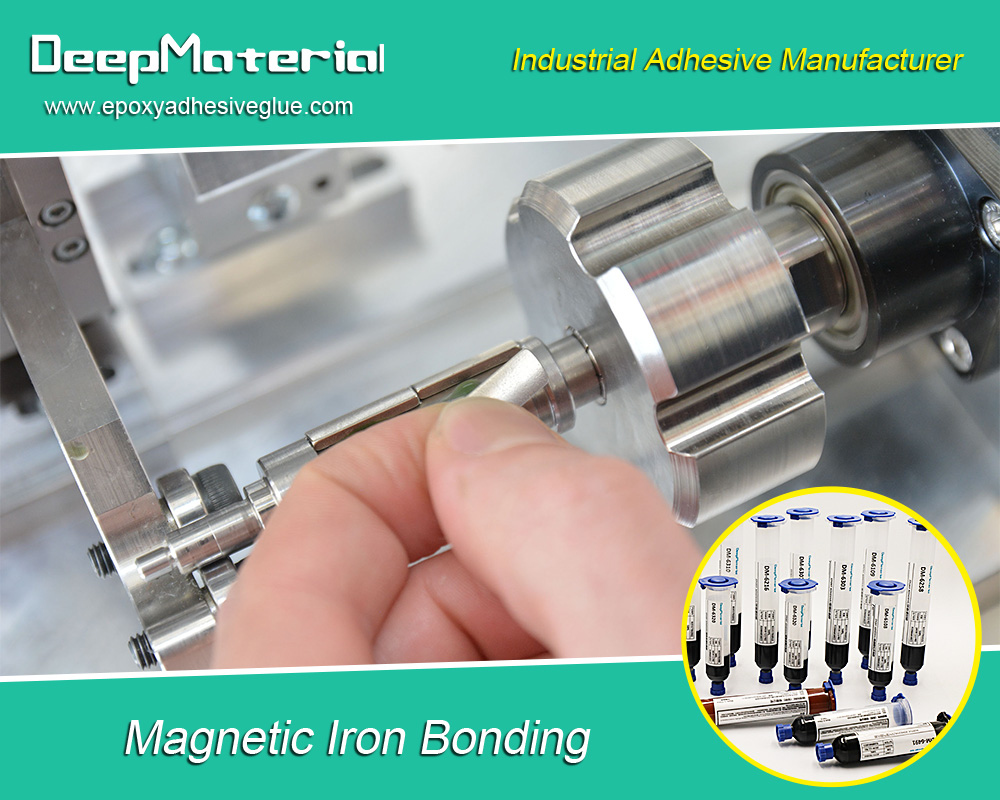
Conclusion
PCB epoxy coating is essential in protecting and enhancing printed circuit boards. By providing robust protection against environmental factors, mechanical stress, and electrical interference, epoxy coatings ensure the reliability and longevity of electronic devices across various industries. As technology advances, developing new epoxy formulations and application techniques will further enhance the performance and sustainability of PCB coatings. For manufacturers and designers, understanding the importance and proper application of PCB epoxy coating is crucial for creating durable and reliable electronic products.
For more about choosing the best importance and application of PCB epoxy coating in modern electronics, you can pay a visit to DeepMaterial at https://www.epoxyadhesiveglue.com/category/epoxy-adhesives-glue/ for more info.


